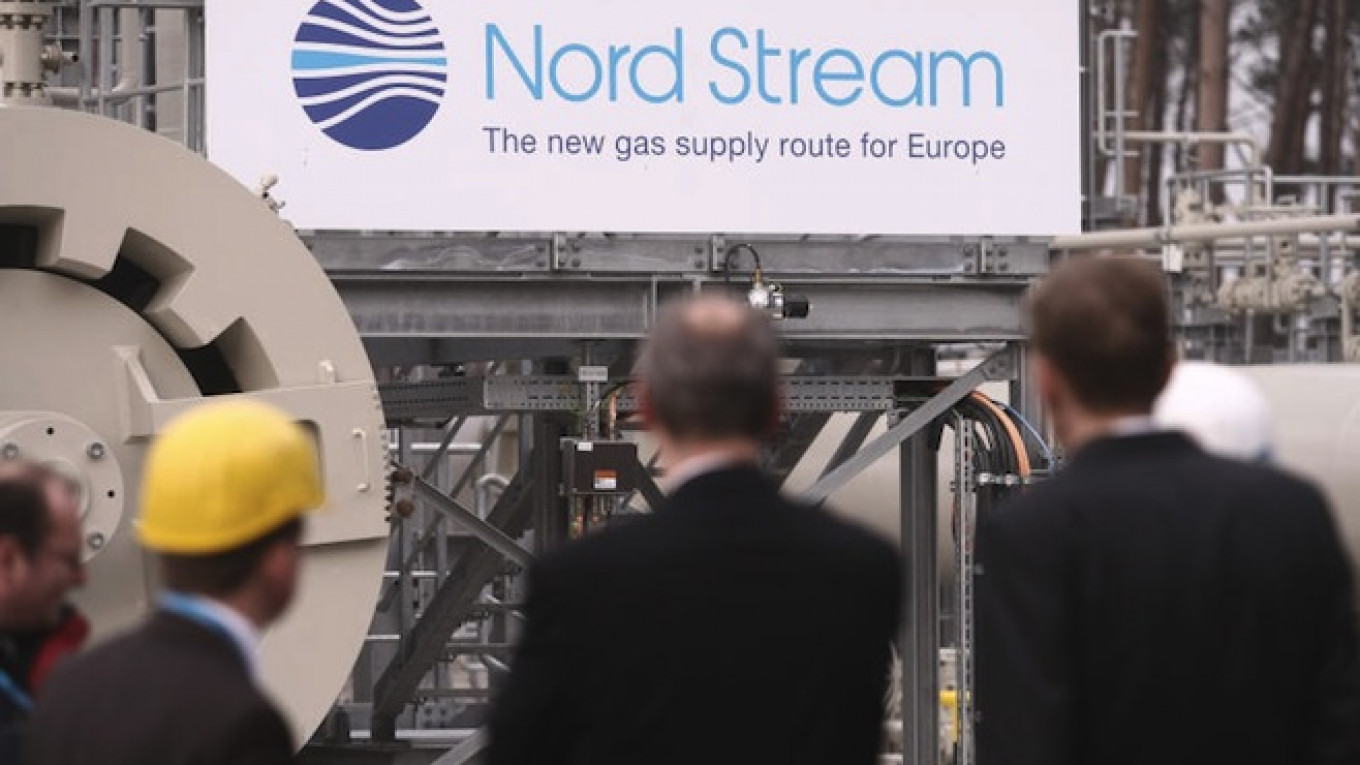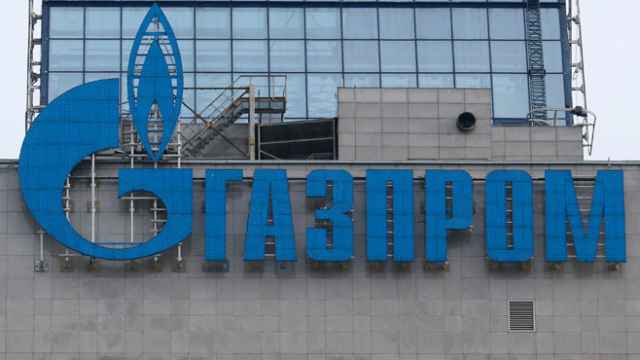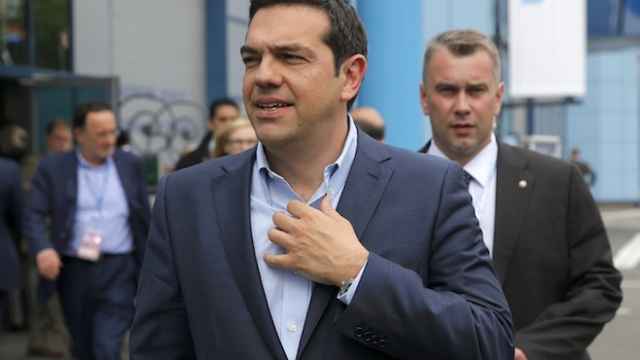BRUSSELS — A planned expansion of the Nord Stream pipeline that delivers Russian gas to Germany must comply with EU laws, the European Commission said on Friday, adding it was working to maintain Ukraine's role as an important transit country.
Russia's Gazprom said on Thursday that Royal Dutch Shell and its long-time gas buyers in Europe — Germany's E.ON and Austria's OMV — had agreed to build two new Nord Stream gas pipelines under the Baltic Sea to Germany.
The announcement runs counter to Commission efforts to work with suppliers other than Russia, and to create a robust energy union based on closer collaboration between the 28 member states and sharing of available supplies.
Russia provides around a third of the EU's energy.
In its first public response to Thursday's news, the Commission said it would be vigilant about enforcing EU law that prevents any one supplier dominating the market and would keep working with Ukraine as "a major reliable transit country.”
"The European Commission recalls that new pipelines must be built in full compliance with EU legislation and will be vigilant about the rigorous application of EU law notably in the field of energy, internal market and competition," a statement said.
The statement reiterated the Commission's commitment to seeking diverse gas suppliers, including more use of liquefied natural gas (LNG).
Although European domestic gas production is expected to fall, so far only around 57 percent of Russian capacity to the EU is used, the EU executive said.
While the European Union has been seeking to curb its dependence on Russian energy, Russia has been working to diversify its supply routes.
The 55 billion cubic meter (bcm) per year expansion of Nord Stream is in addition to Gazprom's planned Turkish Stream project to deliver 47 bcm to Europe via Turkey.
Moscow has said the ultimate aim is to cease relying on Ukraine, which the Commission said was the route for roughly half of the Russian gas shipped to the EU.
A Message from The Moscow Times:
Dear readers,
We are facing unprecedented challenges. Russia's Prosecutor General's Office has designated The Moscow Times as an "undesirable" organization, criminalizing our work and putting our staff at risk of prosecution. This follows our earlier unjust labeling as a "foreign agent."
These actions are direct attempts to silence independent journalism in Russia. The authorities claim our work "discredits the decisions of the Russian leadership." We see things differently: we strive to provide accurate, unbiased reporting on Russia.
We, the journalists of The Moscow Times, refuse to be silenced. But to continue our work, we need your help.
Your support, no matter how small, makes a world of difference. If you can, please support us monthly starting from just $2. It's quick to set up, and every contribution makes a significant impact.
By supporting The Moscow Times, you're defending open, independent journalism in the face of repression. Thank you for standing with us.
Remind me later.






